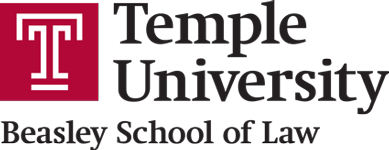States increasingly turn to non-binding agreements to advance international cooperation in such areas as environmental protection, human rights, and financial regulation. But what explains the rise of these “soft law” instruments?
On October 10, the Institute convened an invitation-only book roundtable to consider Andrew Guzman and Tim Meyer’s Goldilocks Globalism: The Rise of Soft Law in International Governance, forthcoming from Oxford University Press. Guzman is Jack H. Ralston Professor of Law at the University of California’s Berkeley School of Law, and Meyer is Associate Professor of Law at the University of Georgia Law School. In addition to the authors, participants in the informal discussion included other distinguished scholars drawn from law, international relations, and economics.
The group examined the different actors who participate in soft law creation, and considered the normative questions and risks of soft law, asking: When exactly is soft law useful? Much discussion focused on the question of whether a legal agreement is binding or not — that is, if soft law isn’t binding states, what makes it law? How should the boundary between soft law and non-law be articulated?
“We’re all used to creating public goods, but I want to thank you all for creating private goods for me and Tim,” Guzman said. Each participant prepared a 1000-1500 word reaction paper to the manuscript prior to the roundtable by way of facilitating the exhange.
In past years, the Institute has convened roundtables on books or manuscripts by Ryan Goodman (NYU) and Derek Jinks (University of Texas), Kal Raustiala (UCLA), Paul Berman (George Washington), Mary Dudziak (Emory), and Jack Goldsmith (Harvard).
“These events bring together an engaged group for unstructured discussion of leading-edge international law scholarship,” says Institute co-director Peter Spiro. “We’re fortunate this year as in the past to be able to draw the very best international law talent to Temple to unpack and critique this important forthcoming work.”
